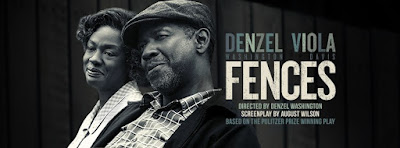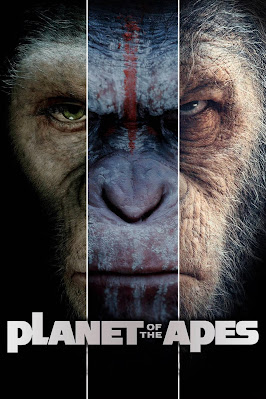With The Lego Batman Movie in theaters, many children today will have their first memories of Batman as a toy figure, as well as a self-aware parody of the Batman mythology (as last seen in The Lego Movie, 2014). It's almost the same as our parents' generation grew up with the campy T.V. series from the 1960s, while my generation grew up with the dark and serious version from the 1980s and 1990s. I thought I'd spend this blog recapping on the later version via animation.
"Batman: The Animated Series" was one of my favorite shows as a kid. It was, first and foremost, a successor to Tim Burton's 1989 film, which first introduced me to the character. Yet this was more accessible for a kid and adult audience than for the latter crowd that the aforementioned film was really intended for. I vividly recall the opening segment where two bank robbers flee an explosion while Batman gets into action and corners both criminals on a rooftop. The imagery of this segment alone was both thrilling and a little terrifying, if only for Batman's iconic close-up where he squints his eyes.
Nevertheless, I grasped in the many episodic adventures of the Caped Crusader and his alter ego Bruce Wayne (both brilliantly and distinctively voiced by Kevin Conroy) as he pursued his many adversaries, from Two-Face to the Riddler to the Scarecrow to the Man-Bat and to, of course, the Joker (an unforgettable and scene-stealing vocal performance by Mark "Luke Skywalker" Hamill).
Since then, the animated series has led to several successful spin-offs, including "The Adventures of Batman and Robin" series, Batman & Mr. Freeze: Subzero, Batman Beyond: Return of the Joker, several Justice League films, The Killing Joke, and a scene-stealing role in The Lego Movie. But none would arguably be possible without the animated counterpart's first cinematic outing.
The trailer for the 1993 spin-off feature film, Batman: Mask of the Phantasm, excited me just as much as the T.V. show. (Anybody remember the VHS tape of Free Willy?) Like the trailer for the 1989 film, this preview was simple yet extremely effective in its high-concept presentation of Batman's pursuit of both the Joker and a new villain known as the Phantasm. And although I never saw the movie in theaters, I did geek out when it came on video.
The story follows a mysterious masked figure (think a cross between Death and the Ghost of Christmas Future) who eradicates the head crime lords of Gotham City, while Batman is framed for it. This impacts Gotham's view--or at least that of Councilman Arthur Reeves--of the character's role as a hero or vigilante ("He's just as bad as the crooks he brings in!"), even though Batman himself vows for justice over vengeance. Meanwhile, an old flame of Bruce Wayne's returns to town, and is somehow connected. And then the Joker shows up.
The film shows a side of Bruce Wayne that had never been seen prior to the animated series: human, traumatized, and conflicted about which life to live--as a costumed crime fighter in honor of the vow he made over his parents' dead bodies, or as a married man. ("I didn't count on being happy," he once laments.) Even the world of Gotham City, once implied as a promising future of hope for via a Tomorrowland-type theme park, later becomes a bleak, desolate and dystopic wasteland far from what was hoped. By juxtaposing Bruce Wayne's backstory with the present action in Gotham (a la The Godfather Part II or Citizen Kane), the film proves a thoroughly engrossing, captivating, and tragic tale of vengeance, romance, and mystery.
With an untouched and detailed animation style and voice cast (including Conroy, Hamill, Dana Delany, and Abe Vigoda) that far exceeds the "cartoony-ness" of the medium, the film is rightfully rated PG, due to its dark and violent atmosphere, including various fights and offscreen deaths. Though tame compared with Burton's more haunting variations, this film is recommended for preteens and adults, showcasing the Batman as Bob Kane and Bill Finger intended him to be.





















